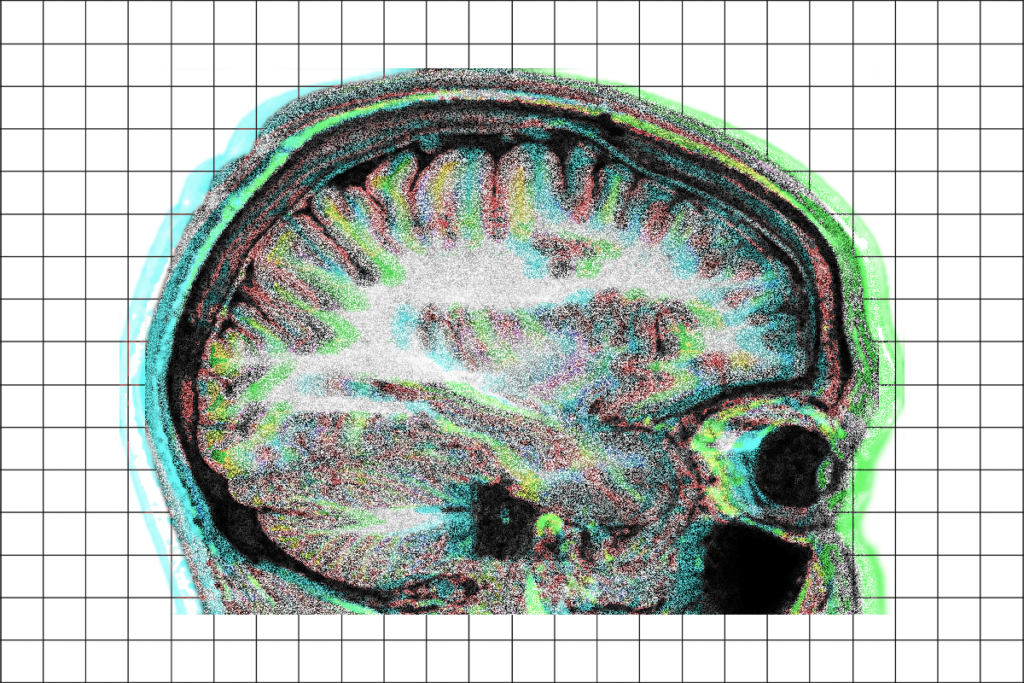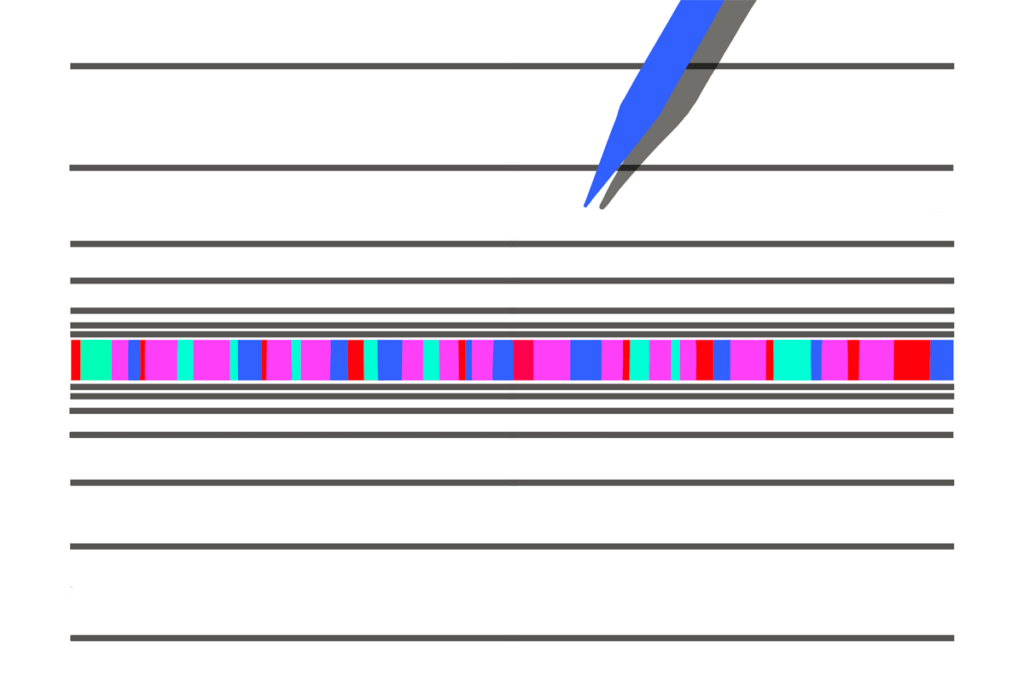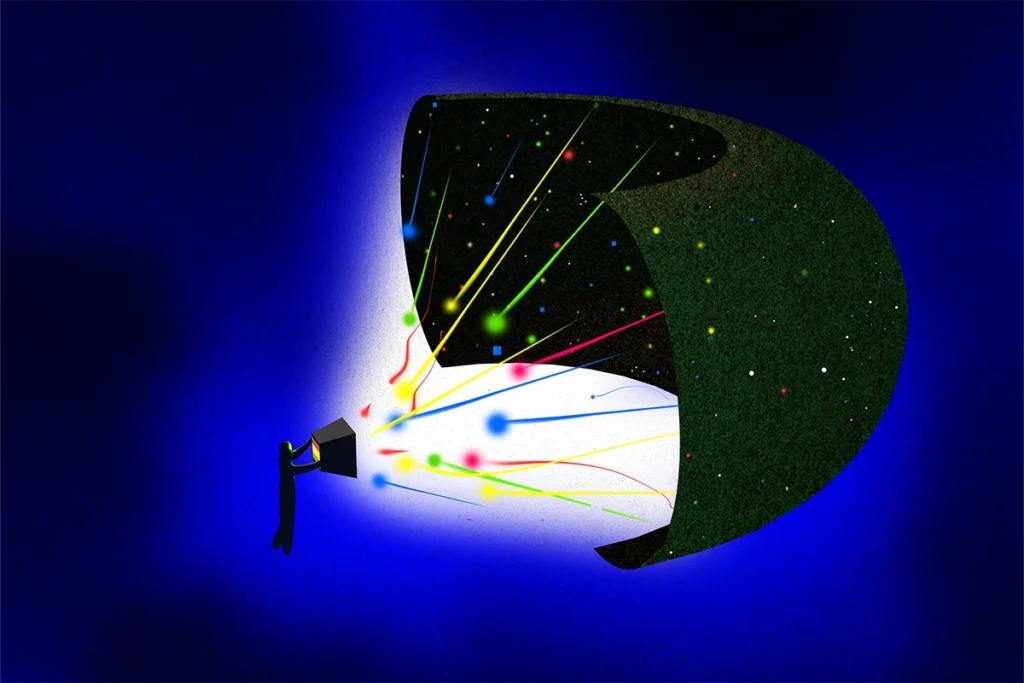A psychopharmacology journal has retracted a 2024 meta-analysis of the effect of psychedelic drugs on brain-derived neurotrophic factor (BDNF) levels after the study authors requested to edit portions of the paper’s data, analysis, discussion and figures. The authors do not agree with the journal’s decision, according to the 15 May retraction notice.
Of the various psychedelics in the nine papers analyzed in the work, only the hallucinogen dimethyltryptamine showed a “statistically significant association with an increase in peripheral BDNF levels” in people, according to the paper, which was published in the Journal of Psychopharmacology in February 2024. The study has been cited eight times, excluding its own retraction, according to Clarivate’s Web of Science.
Gregor Hasler, professor of psychiatry at the University of Fribourg, notified the authors about potential issues with the paper shortly after its publication, Hasler told The Transmitter. At the time, Hasler was working on a similar meta-analysis of psychoplastogens—a group of substances, including dimethyltryptamine and some other psychedelics, known to promote neuroplasticity. He found no evidence that they increase BDNF levels in people.
“Our analysis was in very deep disagreement with theirs, and they were really nice, and they agreed that there were mistakes,” Hasler says.
The retracted study’s corresponding author, Mohammad Javad Amini, a medical intern at Alborz University of Medical Sciences, did not respond to multiple emailed requests for comment from The Transmitter.
The authors contacted the journal and asked for “significant changes” to the article text and figures, including edits to the “statistical analysis, meta-analysis, discussion, figures and supplementary material,” plus the removal of two figures and the addition of four others, according to the retraction notice.
In addition to changes to the article’s content, the requested corrections included a change in authorship. This “calls into question the reliability of the original research and the conclusions,” the retraction notice states. The journal directed The Transmitter to the retraction notice in response to a request for comment.
“But the good thing here is that they realized that they did [make] mistakes, and they contacted the journal,” Hasler says. “So the system works, so you can say it’s also part of an extended peer review.”






